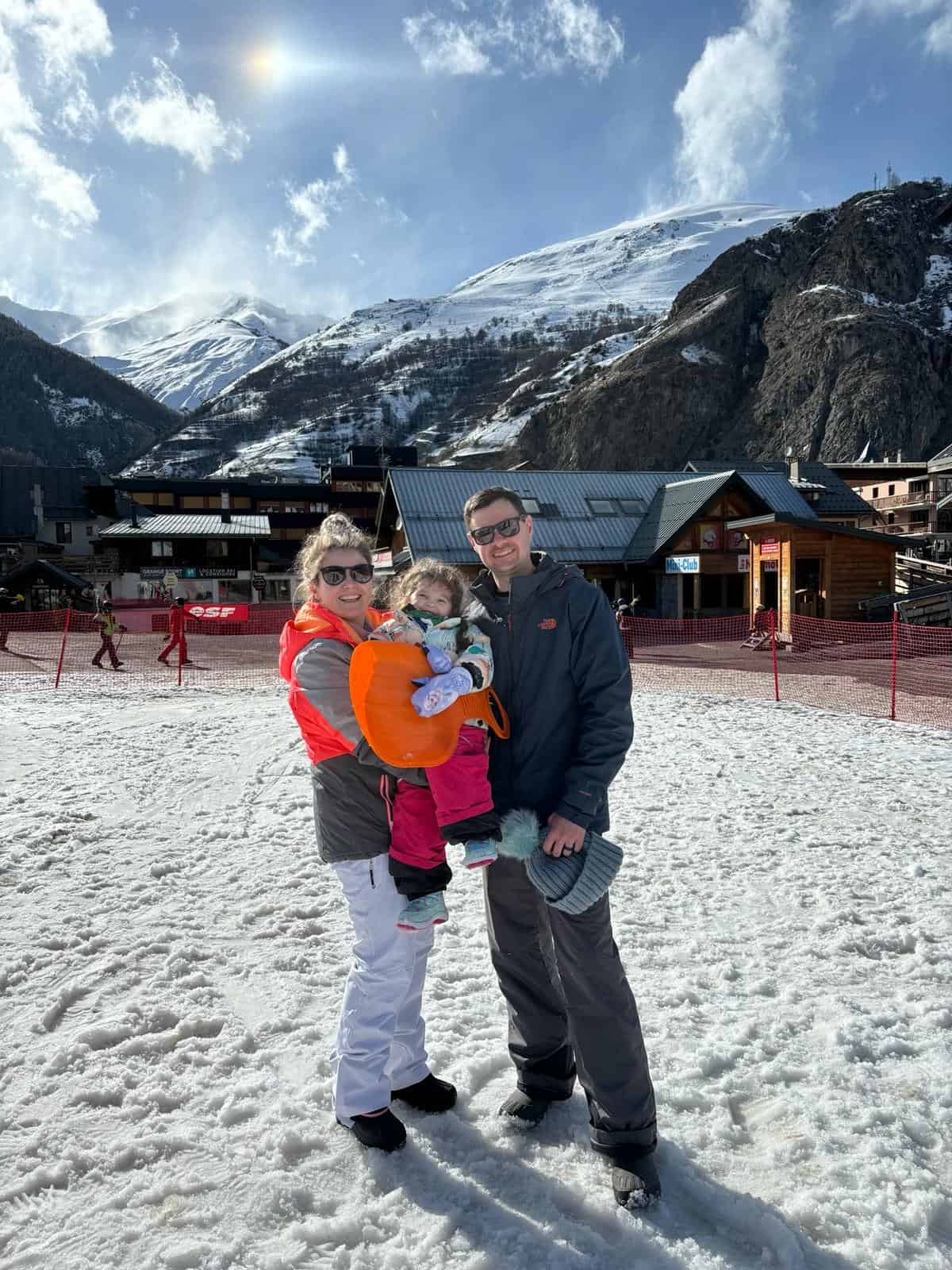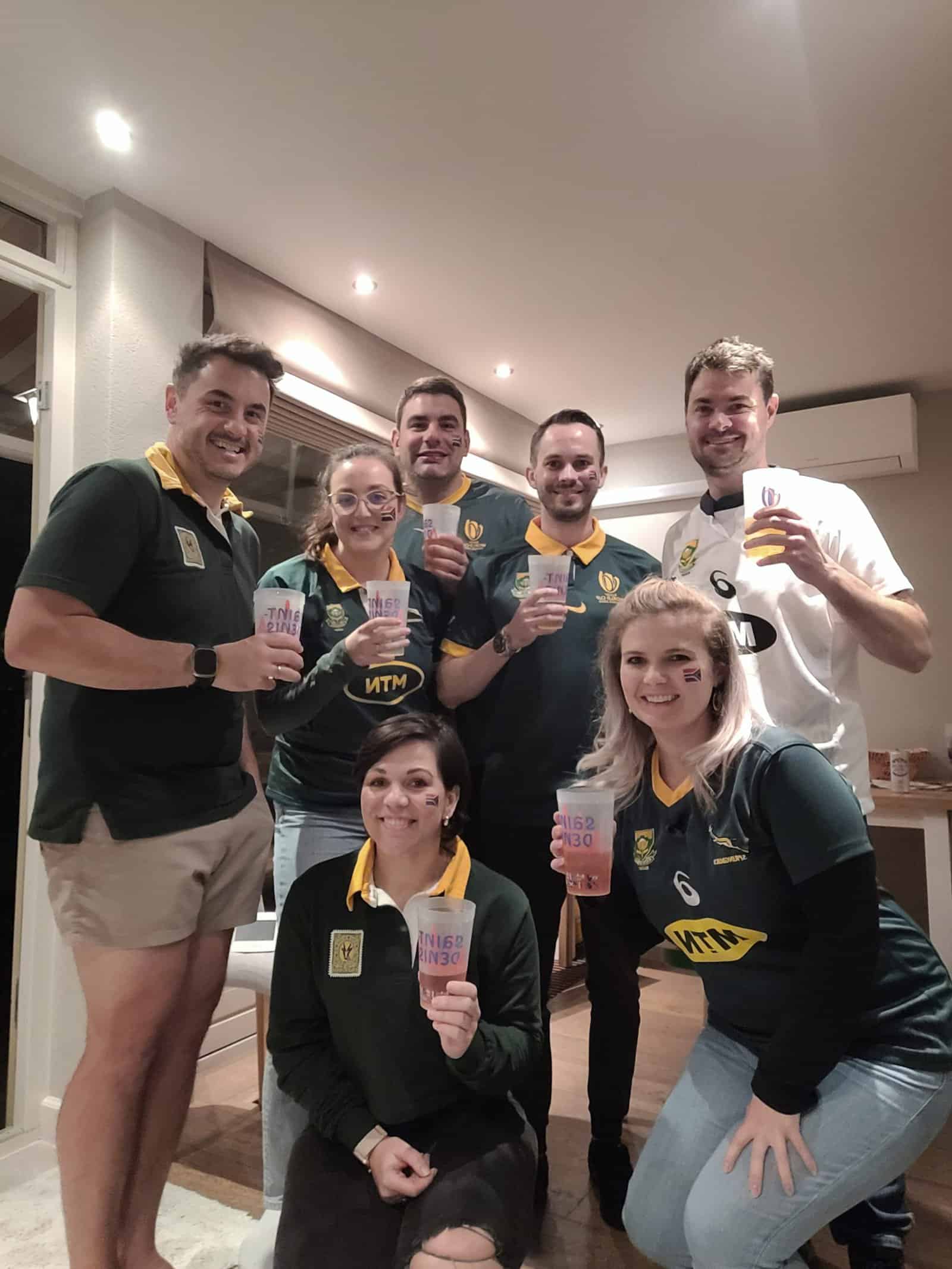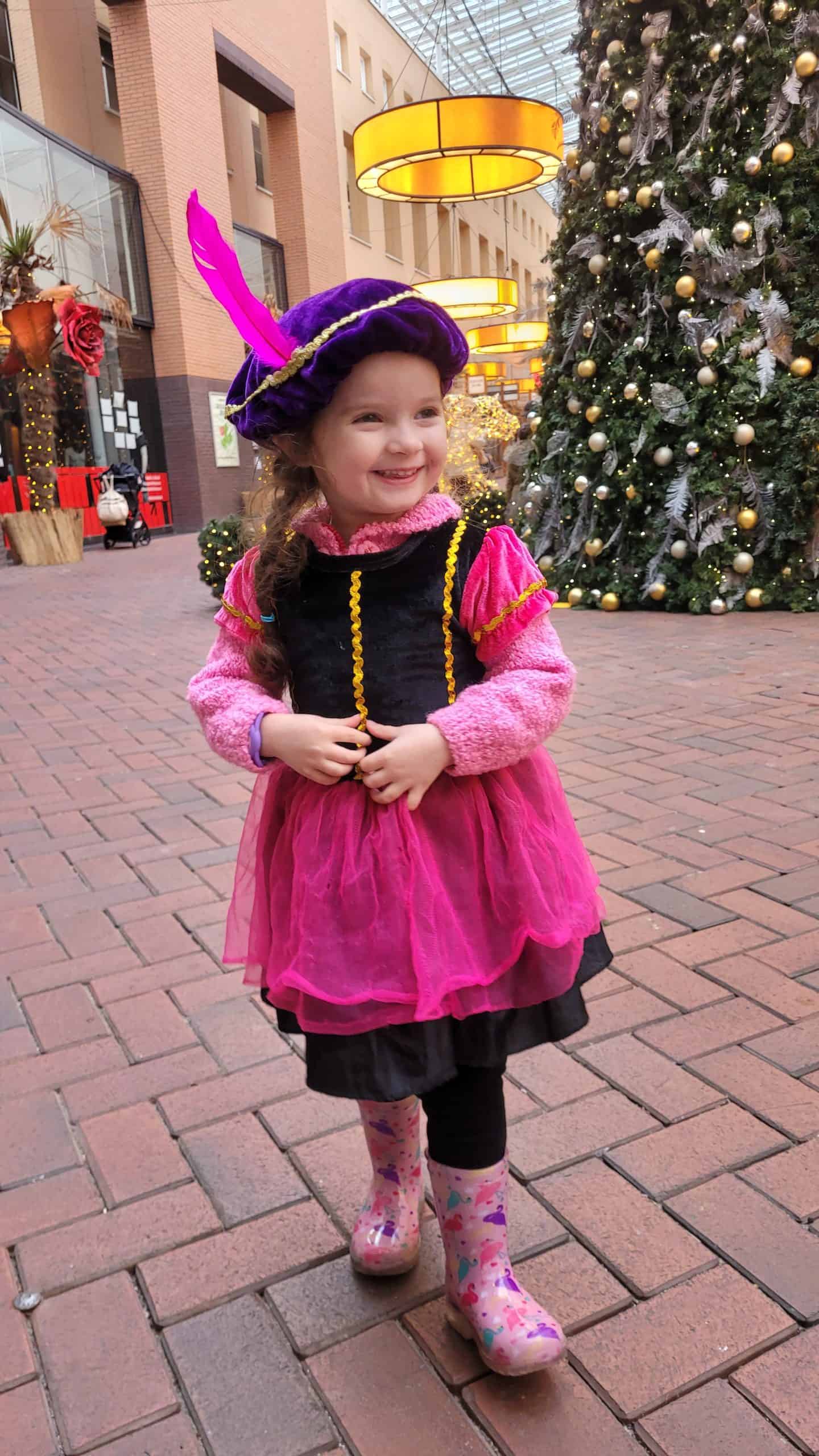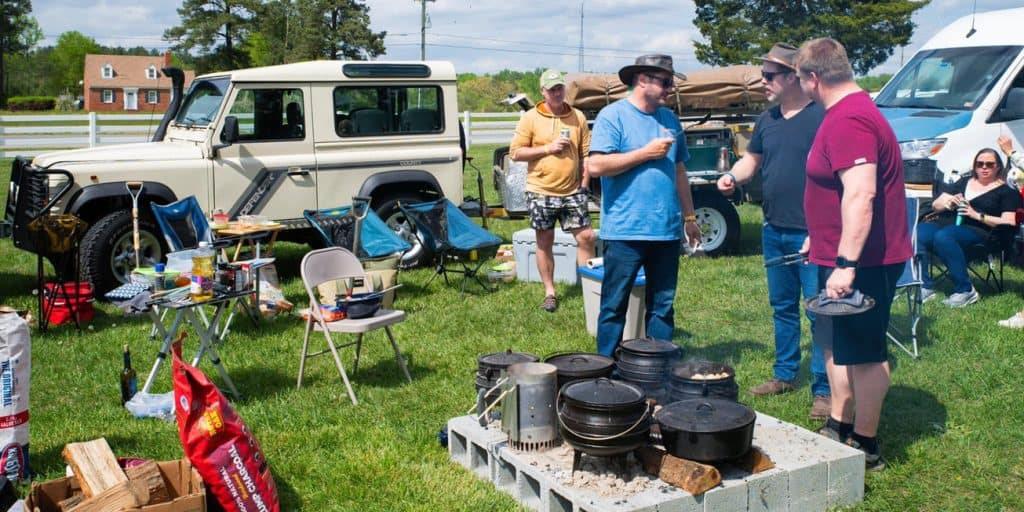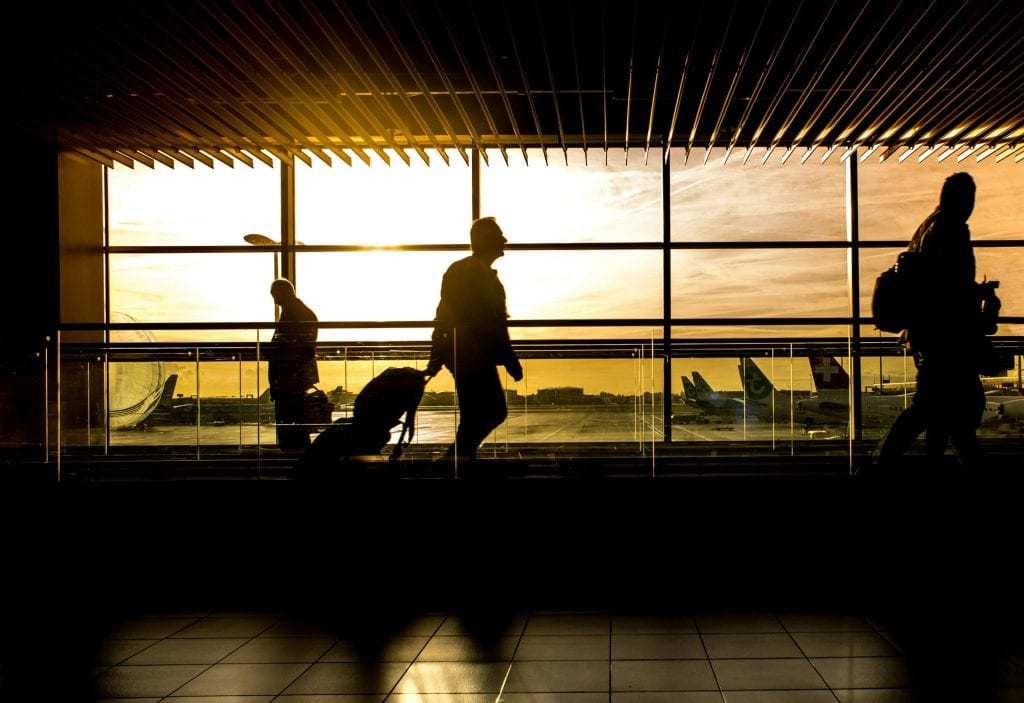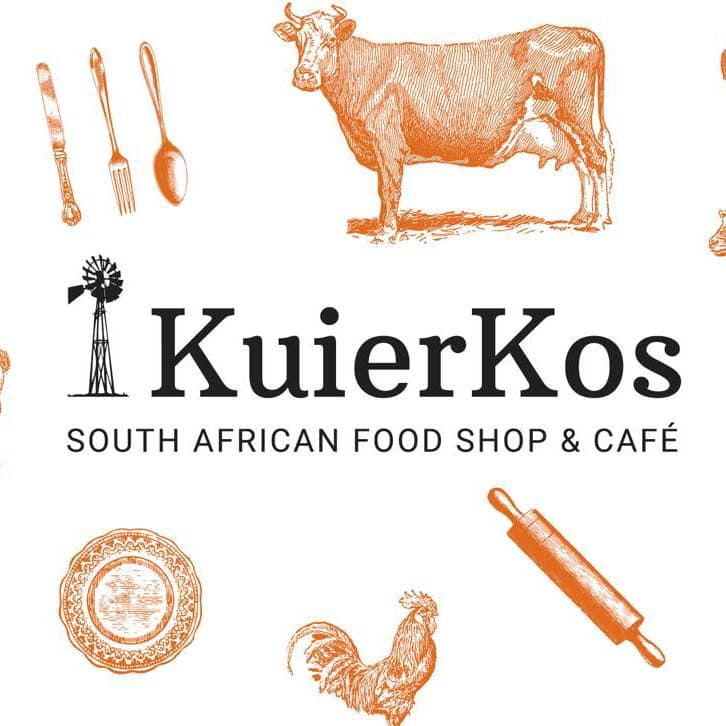In Out and about we talk to people who currently live abroad, or who have lived and worked there. We would love to hear from anyone who wants to share their experiences with us.
This week, we talk to Natasha Viljoen who has lived in the Netherlands for six years.
Hello, Natasha! Where in South Africa are you originally from and why did you decide to move to the Netherlands?
We are originally from Johannesburg. We developed a passion for travel very early in our marriage. When the opportunity came to work in Europe, we decided that the Netherlands was the ideal place to live out this passion because it is so central to travel.
Tell us more about your family.
Our family consists of myself, Natasha, my husband Robert and our three-year-old daughter Amber. We are passionate about travel, and we raise our daughter to be a world citizen. We also like to share our travels and advice on our blog at www.viljoen-adventures.com or on Instagram: viljoenadventuresblog. We started the blog specifically to share our stories.
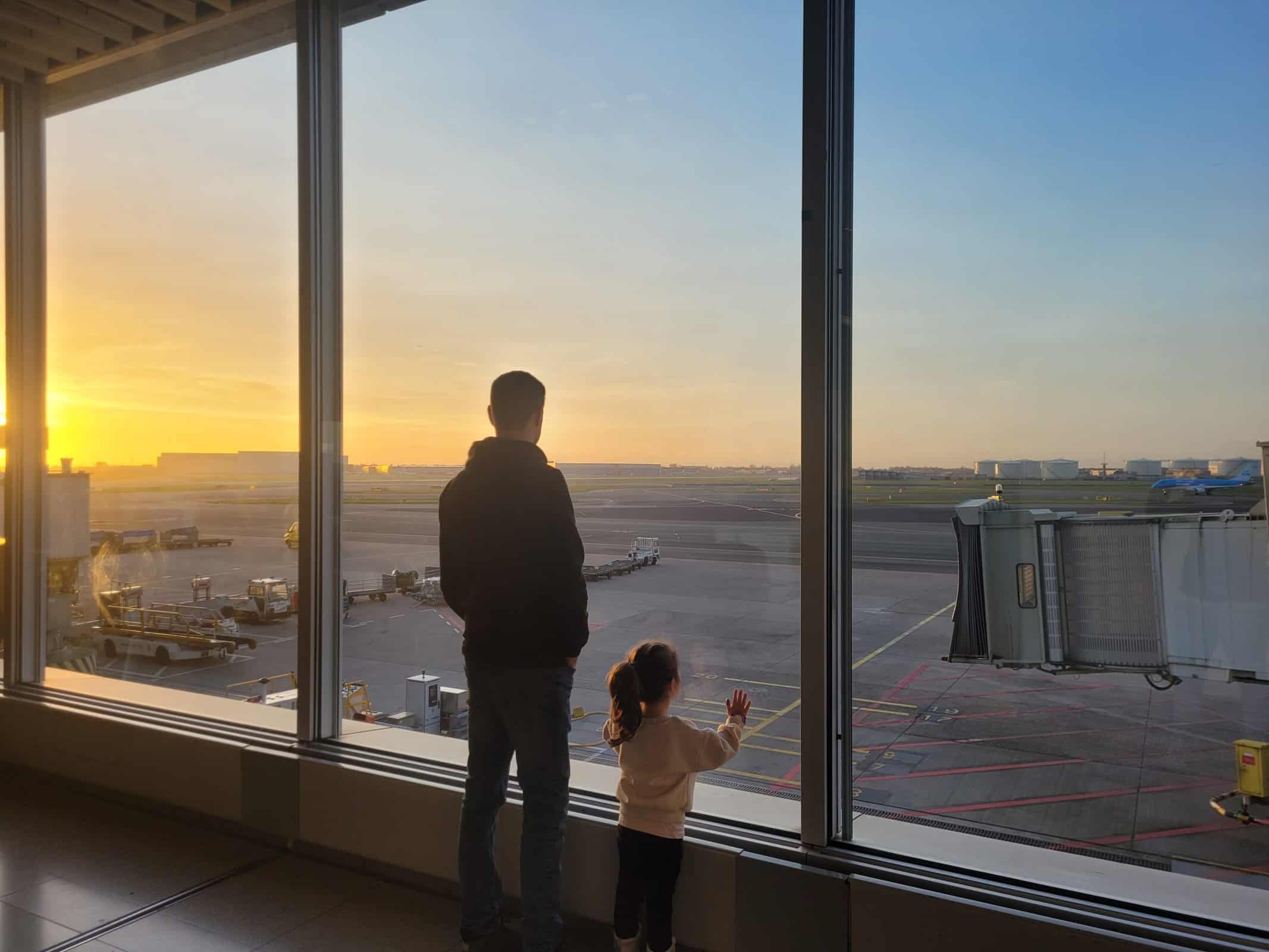
It can be challenging to adapt to a new country. What was the strangest thing for you to get used to and what was the biggest adjustment abroad?
For us, the biggest adjustment was finding our new normal. Things like where to buy clothes or find hardware stores. You grew up with certain brands, and suddenly everything is different. It takes a while to find stores you like and know where to buy what. Another adjustment was the cultural difference. Not necessarily the language but the culture. Sometimes I wonder if one will ever get used to it, but then we remind ourselves that our South African culture is just as special and also has its place.
Tell us what kind of work you do and how the work culture in the Netherlands differs from that in South Africa.
We are both in finance. I am a financial controller and Robert is a risk analyst but now works as a project manager in one of the big banks. The biggest difference is the Netherlanders’ direct way of speaking. In South Africa, we have always worked in environments where people were friendly and happy to help you and spoke kindly. Here, they say a thing like it is and don’t even think about how they talk to you or how it would make you feel. It takes a while to get used to that, but then you realise it’s not that bad.
What do you miss most about South Africa and what is your favourite memory of South Africa?
Our people. Our family and friends. And then, of course, the sunshine. Our favourite memory of South Africa is going camping and sitting by a fire or watching a sunset.
What interesting things did you discover about the Netherlands that you didn’t know before?
We were surprised by how innovative their agriculture is and how much can be done on small pieces of land. Dutch people also like to follow the rules, which surprised us, but we like it.
Do you still speak Afrikaans to each other? And what traditions do you and your family keep alive abroad?
Yes, of course we speak Afrikaans and try to ensure that our little girl also speaks Afrikaans even though she is in a Dutch school. We still like to wear our South African jerseys during big rugby or on braai day, and we always try to emphasise Geloftedag (Day of the Covenant). For us, the most prominent tradition is to braai, and we still do that as often as possible.
There are quite a few South Africans in the Netherlands. Do you get together sometimes, and have you easily integrated into the community?
Most of our friends are South Africans. Our children are also friends with their children, and we feel comfortable with them. The Dutch are amiable, but getting into their circles is hard. This is just our experience.
How does the cost of living and accommodation options compare to those in South Africa?
We often get this question. It’s difficult to answer because one’s salary also differs from what it was in South Africa. At first, you think everything is incredibly expensive because it is natural to convert it to rands, but in reality, we felt the same in South Africa. It is more costly here, but it also depends on how you spend your money and what is important to you.
During our visits to South Africa over the years, we noticed that the cost of living there has become just as high. Accommodation is extremely expensive, that is a fact, and that is also because accommodation is scarce. Accommodation definitely differs from that in South Africa, and we often miss the space. However, we also noticed that it is important for the Dutch to have a nice living area because they spend a lot of time inside and want to be comfortable.
What is the one thing you wish you could have packed in your suitcase when you emigrated?
The great thing about people is that they are adaptable. If I had to answer this question in the first year, I might have had a whole list of things I wanted to pack, but today, almost six years later, there is nothing I can think of that would make my life here easier. I would have liked to bring my family, but that is another wish.
Are there any South African businesses (shops, restaurants, services) nearby that you would like to support?
Here are two big South African stores that we like to support, Kuierkos and Die Spens. But you also learn to live without South African products. If we go there to buy something, it is for a treat or because it is nice.
How does your daughter build or maintain a relationship with her grandparents and how often do you see your family?
So far, we have been fortunate enough to visit South Africa at least once a year, and our parents come here once a year on vacation. That helps a lot. We also make video calls regularly.
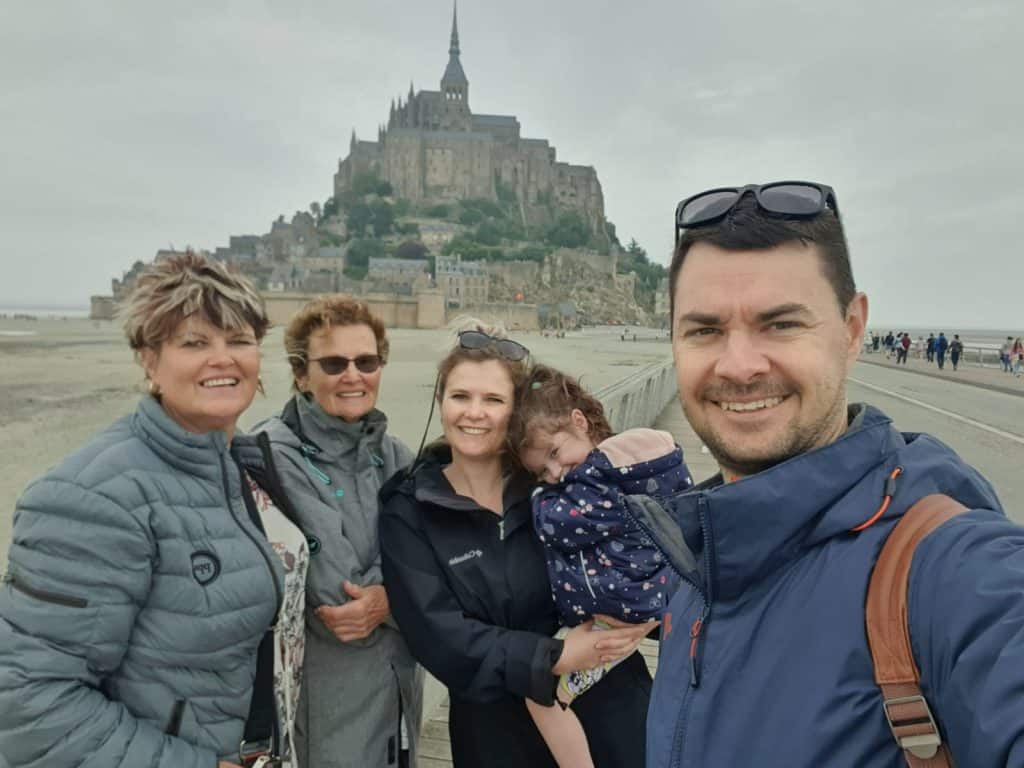
Any lessons you have learned?
The Lord will send you where He wants you. The Netherlands was not our first option, but we learned this is where the Lord wanted us. If it is his will, things happen very quickly and easily.
Also read: Out and about: An email from Melbourne
Write to us
Do you live abroad, or have you recently returned from abroad? You can also write an Out and about article. Email wereldwyd@afriforum.co.za en we will send you questions to answer.



